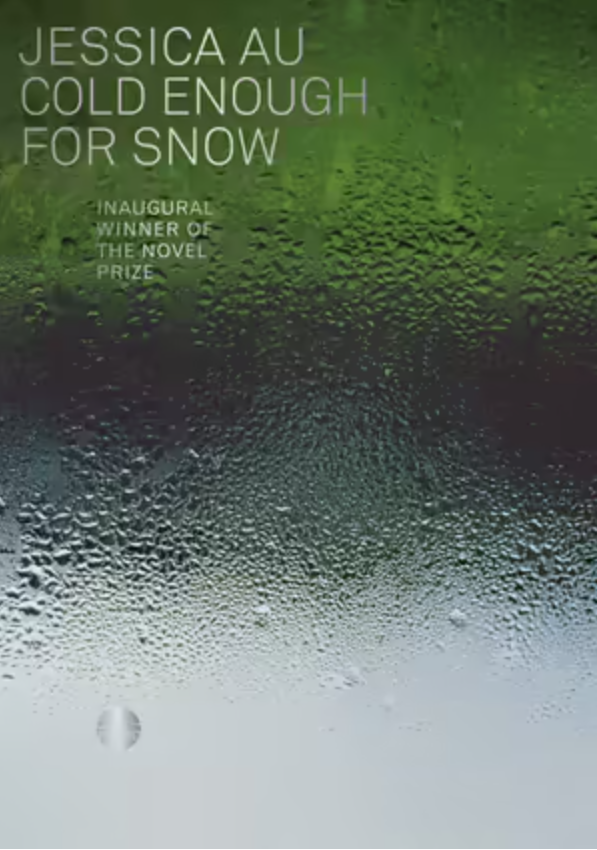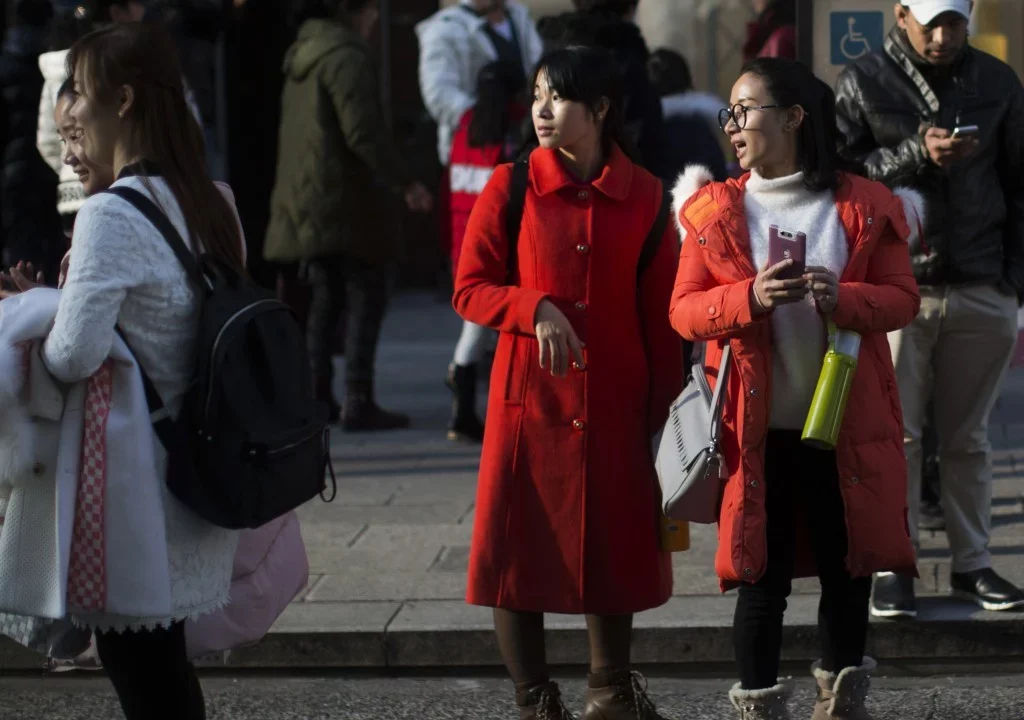Review: Cold Enough for Snow b y Jessica Au
On the internet there is a phenomenon of ‘slow TV’ that is videos of walking city streets at night, often in the rain, footage from a hand-held camera, where we don’t see the videographer and they might as well be ourselves. If the city in question is in Japan, the housing can be unfamiliar to a Westerner, yet the experience of walking is familiar.
These videos can go for an hour or two, and despite them being something of a time-waster, the walking pace of the footage, and the fact that it is largely unbroken gives it a certain feel – everything is given equal weight, the footage is not connected to only what is ‘noteworthy’ about a city.
One has to patiently observe and wait for what you are given, just as you would if you were walking yourself (unless you deliberately skip in the video itself), and quite unlike the usual practice of edited TV. As such, the videos are quite meditative.
Jessica Au’s book Cold Enough for Snow reminded me of these videos. In this short book, a daughter of Chinese background, now living somewhere in the West, takes her mother to visit Japan. They walk the streets, poke into shops, visit galleries.

Reading the book is like the steady fall of snow, or like a Japanese bath (at least I imagine it would be – I haven’t been to a Japanese bath house). It has something of the exquisiteness yet lack of showiness of Japanese porcelain. There is nothing particularly dramatic or surprising (in the way that sitting quietly by a small mountain stream is not dramatic or surprising), but its calm, precise prose encourages a slowing.
This comes through in various ways, in the rhythm of the words and through such incidents as seeing her mother choose gifts ‘carefully and thoughtfully’. As such, the book is weightier than it appears.
The calmness of the book is also underlain by something else – a wariness of, or perhaps a resignation to, what goes unspoken in relationships. The main character is thinking about how we live with people whose histories are sometimes opaque to us, despite our familiarity with them. She mentions that her mother didn’t speak much about her childhood, and that the mother knew little about her own parents’ histories, save the name of their village.
Our ancestors are the tips of icebergs that have melted away. On occasion in the book, the main character finds her mother sitting calmly without speaking, and this in itself becomes a way of saying something without using words. In a rare occasion where the mother speaks at length, while visiting an architecturally significant church, about life being insubstantial but interconnected, and about the importance of kindness and generosity, the daughter shamefully admits she can’t follow, or can’t quite agree with, her mother’s thoughts.
The book prioritises observation. On the very first page we have this observation of the road that was ‘not asphalt, but a series of small, square tiles, if you cared to notice’. Au cares to notice. She has written that she was thinking about looking at the world through the eyes of an artist without being one.
One could equally say that this is about art appreciation, about looking closely, contemplating, being patient enough to let the world seep in, especially the small but beautiful things, while being comfortable with what goes unsaid.
Nick Mattiske blogs on books at coburgreviewofbooks.wordpress.com and is the illustrator of Thoughts That Feel So Big.












